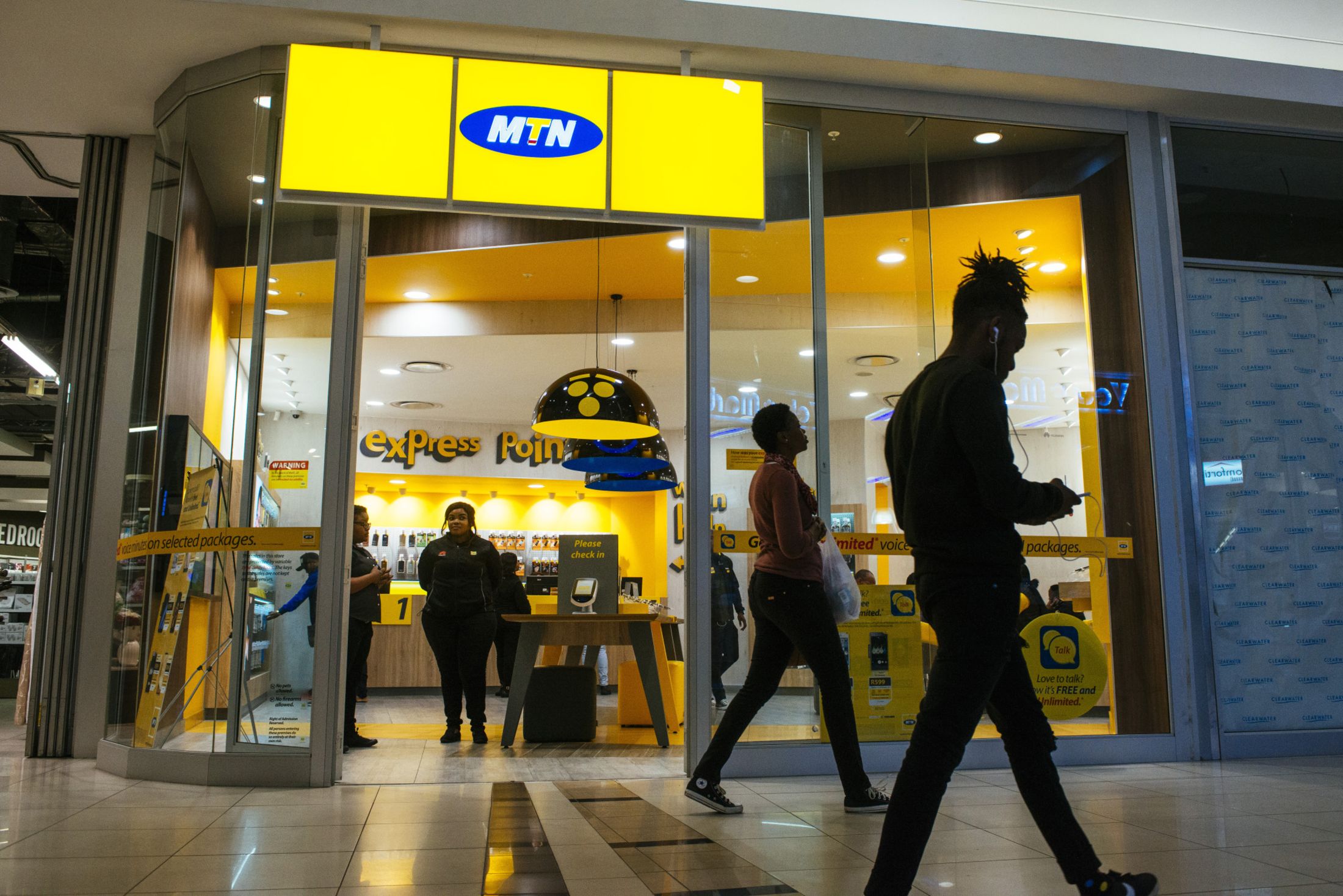MTN Nigeria pulled the biggest gain in actual value in the week trading on the Nigerian Stock Exchange (NGX) having closed trading on Friday at a record high of 480 naira per share from the 400 naira per share it opened with on Monday, representing a 20% gain.
The current mark in gains has led the shares of communication giant to cross the N10 trillion market cap mark becoming the second stock to cross the mark after Dangote Cement.
The company began the year with a share price of 200.00 NGN and has since gained 140% on that price valuation, ranking it 28th on the NGX in terms of year-to-date performance.
MTN Nigeria is the 47th most traded stock on the Nigerian Stock Exchange over the past three months (Apr 30 – Aug 1, 2025). MTNN has traded a total volume of 260 million shares—in 47,992 deals—valued at NGN 81.5 billion over the period, with an average of 4.13 million traded shares per session. A volume high of 20.2 million was achieved on May 14th, and a low of 235,349 on July 18th, for the same period.
[READ ALSO] CIBN set to ignite Creativity, Innovation in third edition of its Generation Next Forum
MTN Financial performance
MTN market performance is propelled by a significant improvement in the company’s financial performance. In the first half of 2025, MTN Nigeria posted a net income of N414.9 billion, leading to a remarkable shrinking of its accumulated losses to N193 billion, down from N607 billion at the beginning of the year. Shareholders have again become optimistic of a potential dividend payout for the full year






